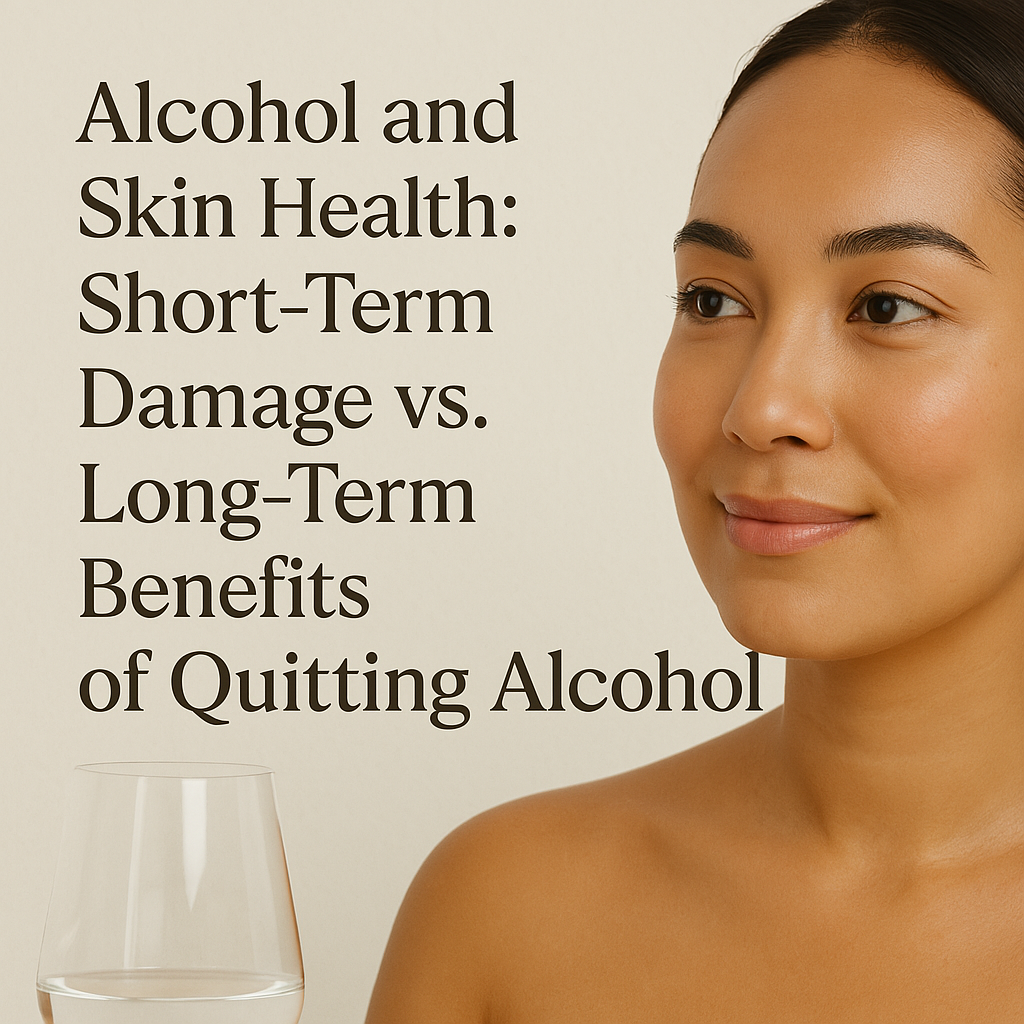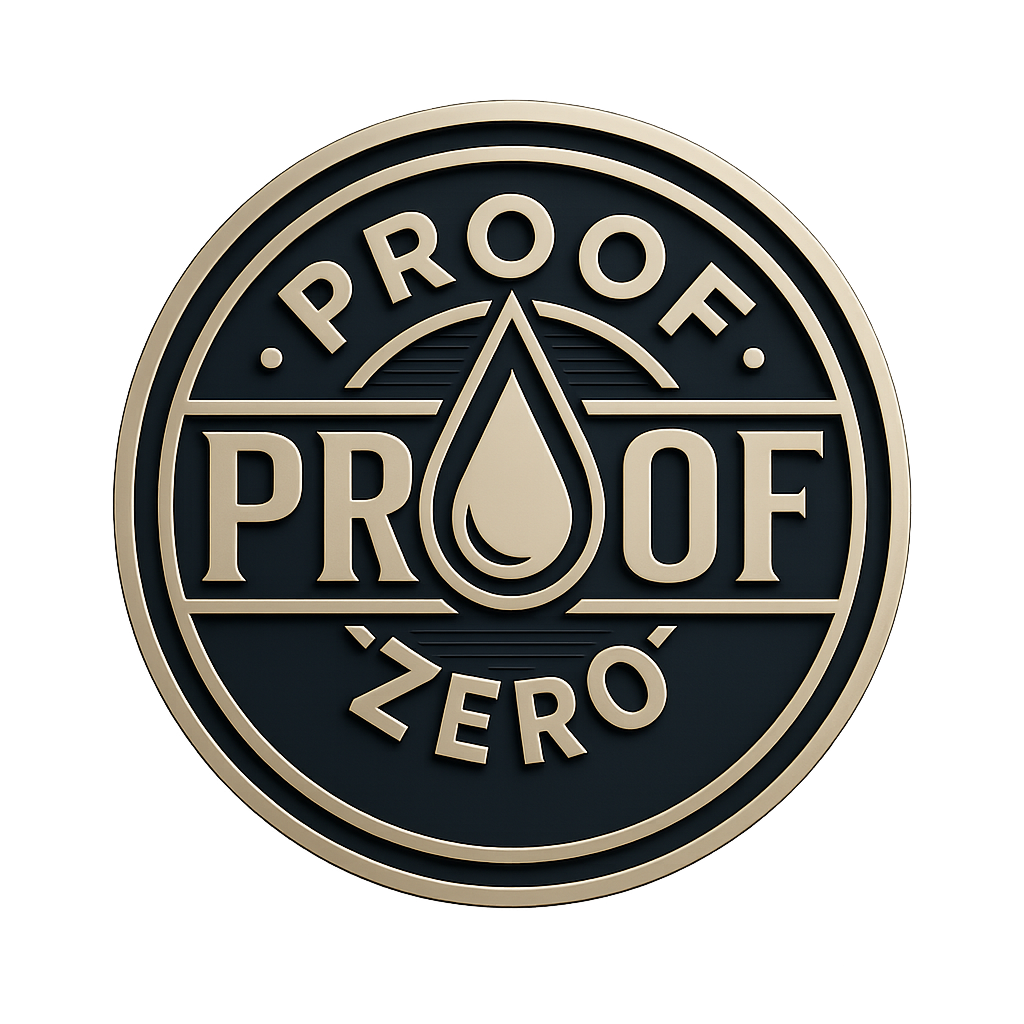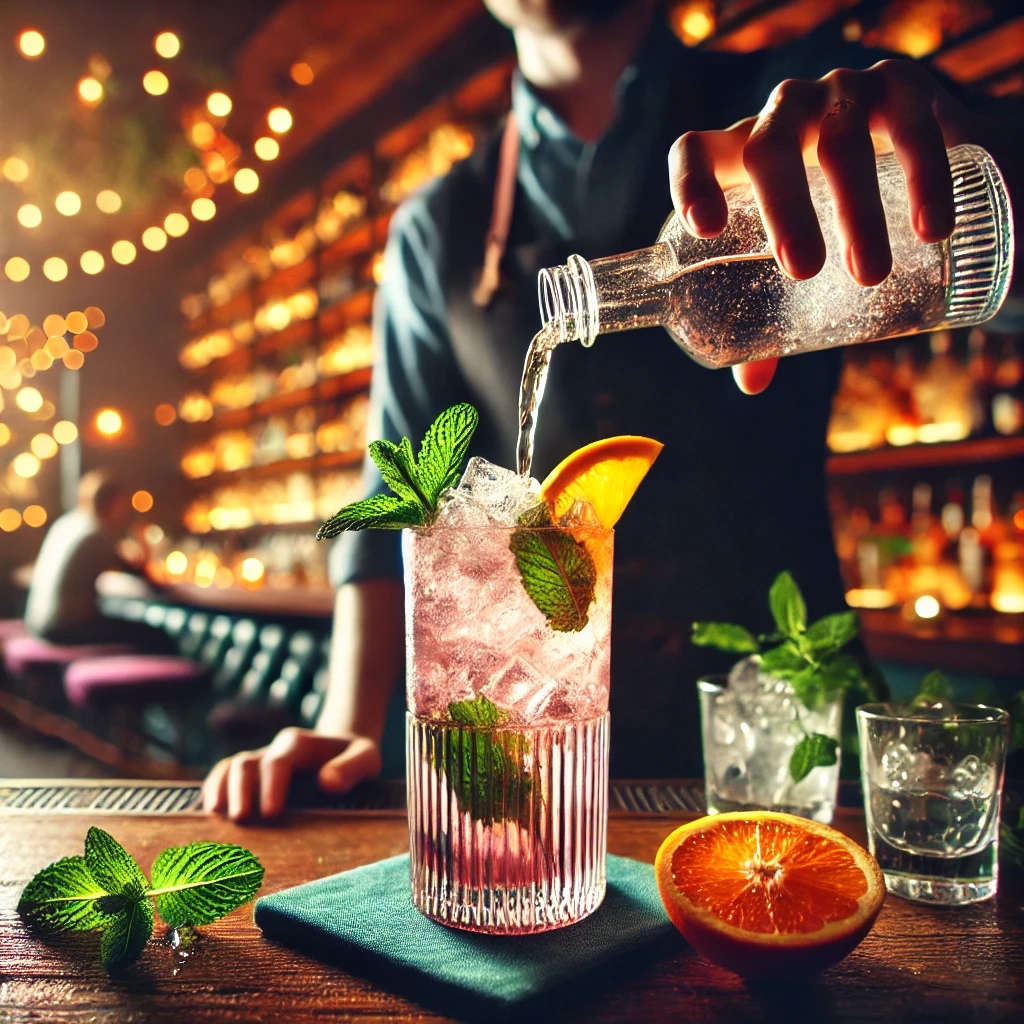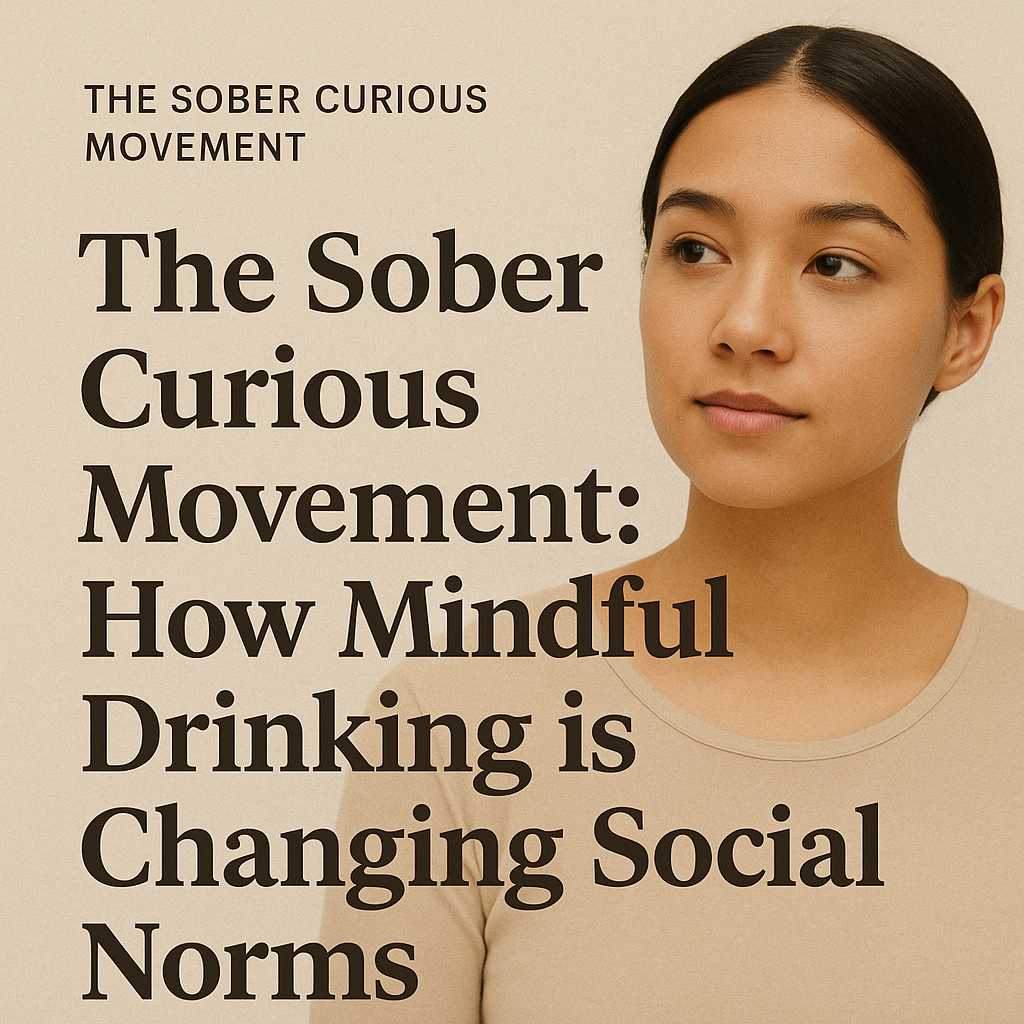
Alcohol and Skin Health: What Actually Happens When You Stop Drinking
You probably know alcohol impacts your liver, sleep, and mental clarity — but did you know it also shows up on your face?
From dehydration to breakouts, alcohol has a very visible effect on your skin. So whether you're sober-curious or just cutting back, here’s what you can expect when you skip the booze — and why that post-dry glow is 100% real.
🧪 How Alcohol Impacts Your Skin
Here’s what alcohol does to your skin behind the scenes:
1. Dehydrates You
Alcohol is a diuretic, which means it pulls water from your body — and your skin shows it. That tight, dry, dull feeling the next morning? That’s dehydration in action.
2. Increases Inflammation
Redness, puffiness, flare-ups — especially for those with rosacea or eczema. Alcohol dilates blood vessels and can trigger chronic inflammation.
3. Disrupts Sleep
Poor sleep = less cellular repair = dull skin. Alcohol messes with your REM cycle, which is when your body (and skin) heals overnight.
4. Spikes Sugar & Oil
Certain alcohols — especially wine and sugary mixers — spike your blood sugar and may increase sebum production. Translation: breakouts.
🌟 What Happens When You Cut Alcohol?
Many people notice a difference within just a week or two of skipping alcohol:
-
More hydration → Skin feels bouncier and less tight
-
Reduced redness and puffiness → Less inflammation
-
Fewer breakouts → Especially around the jawline or cheeks
-
Brighter tone + smoother texture → Thanks to better sleep and hydration
It’s not magic. It’s biology — and your skin loves it.
🛍 Want the Glow Without the Hangover?
Here’s what to stock your bar cart with if you’re going skin-first:
-
Saint Viviana Sauvignon Blanc – Dry, crisp, refreshing — and zero alcohol
-
Ghia Apéritif – Bold botanicals, low sugar, and great with sparkling water
-
Hoplark Sparkling HopTea – No alcohol, no sugar, no calories — just hops + tea
-
TÖST Sparkling – A white tea–based bubbly for celebratory sipping
🛒 Shop Skin-Loving Zero-Proof Drinks
💬 Final Thought
Going alcohol-free doesn’t just help your energy and mindset — it shows up in the mirror.
Whether you’re cutting back for a season or staying dry for good, your skin will thank you.
Want more ways to feel good and glow up?
📩 Subscribe to ProofZero for mindful drinking tips, recipes, and curated product picks — no bloat, no BS.
🛒 Try our Weekend Wind-Down Bundle for a glow-up that starts in your glass.



Leave a comment
This site is protected by hCaptcha and the hCaptcha Privacy Policy and Terms of Service apply.